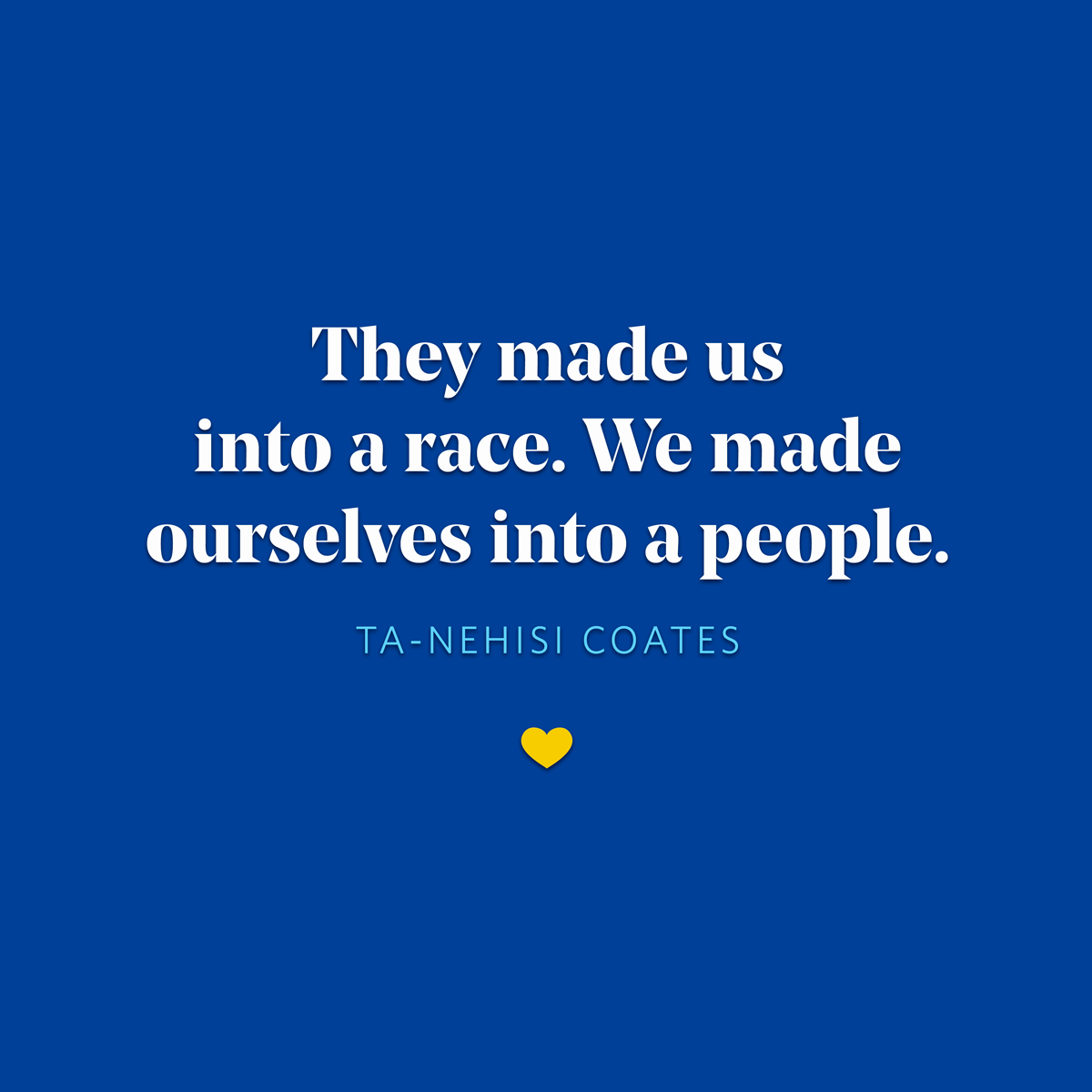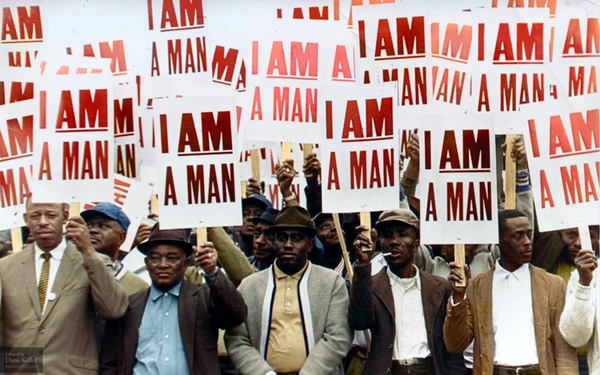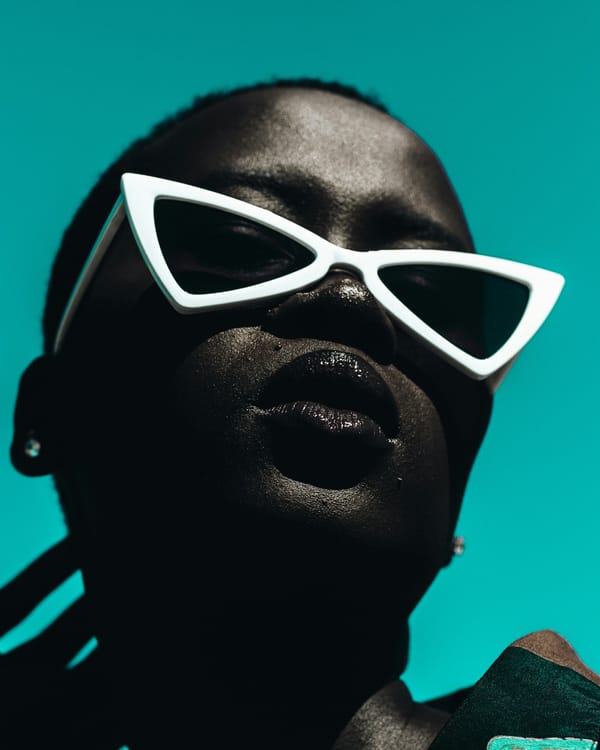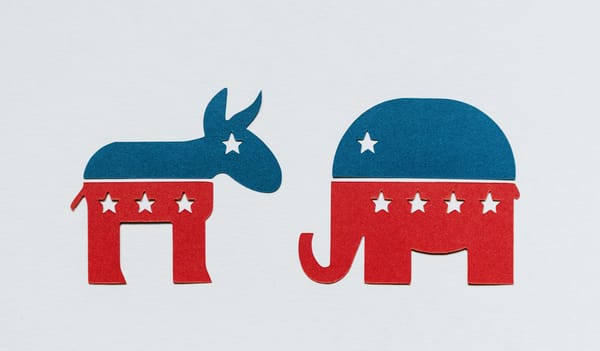Editor’s Letter
Every American not living under a rock is aware that the Supreme Court killed Affirmative Action last week. But what you might not know is how devastating this is to the Black community. The court’s ruling destroys one of the major pathways to opportunities that also lead to a higher quality of life for Black Americans: a quality education. This tells Black people yet again how little the justices think they matter in this country. What too many white people fail to understand is not only how unfair this ruling is to Black Americans, but also how it hurts white people and America as a whole. Some may think they’re “winning,” but there are no winners here.
Another Step Back
At Howard University in 1965, shortly before colleges began using race as a part of their admissions criteria, U.S. President Lyndon Johnson stated the reasoning behind affirmative action: “You do not take a person who, for years, has been hobbled by chains and liberate him, bring him up to the starting line of a race and then say, ‘You are free to compete with all the others,’ and still justly believe that you have been completely fair.”
Since then, despite this logical explanation (and long overdue support for Black folks), white people have fought tooth and nail to kill affirmative action—and they’ve finally succeeded. Sadly, the writing was on the wall, given the current far-right makeup of the Supreme Court.
Of course, as the media is quick to point out, race will continue to be a factor, by any other name, in college admissions. The decision doesn’t preclude the inclusion of race in an applicant’s essays, for example. And many universities recognize the value of a diverse student body. Some have already started doing things like removing standardized testing from their criteria, which had benefited the middle- and upper-class, and considering a combination of income and geographic diversity. This is basically race-based admissions thanks to our continued segregation and inequities in housing, hiring, and public schools... . (i.e., all the same reasons we needed affirmative action!).
Make no mistake, though: this decision does hurt the ability of Black, Indigenous, and People of Color to attend college, and push them further away from already inequitable employment opportunities. This is a step backward from eradicating America’s sins of enslavement. This is continued racism. This is privilege and white supremacy at work. The Supreme Court decision is saying, “We don’t see color”—which, as any Black person except Clarence Thomas can tell you, means the exact opposite.
This Isn’t Just About Fairness
All of my Black friends are upset, as they should be. America tells them every day and in every way that they don’t matter, but one still hopes against hope that an august body like the Supreme Court will do better. While full reparations are too much to dream of, Black people might retain this small drop in the bucket of equality. Justice Ketanji Brown Jackson summed it up thusly:
“With let-them-eat-cake obliviousness, today, the majority pulls the ripcord and announces ‘colorblindness for all’ by legal fiat. But deeming race irrelevant in law does not make it so in life. And having so detached itself from this country’s actual past and present experiences, the Court has now been lured into interfering with the crucial work that UNC and other institutions of higher learning are doing to solve America’s real-world problems. No one benefits from ignorance. Although formal race-linked legal barriers are gone, race still matters to the lived experiences of all Americans in innumerable ways, and today’s ruling makes things worse, not better.”
White people? Pretty damn quiet.
Historically, as a fellow white person, I’ve heard it all too often: “Slavery ended over a century ago! I’m not racist, but it’s not fair that I, my child, my friend, my neighbor, or anybody who’s white doesn’t get accepted and they do, just because they’re Black! If I’m smarter, I should get the spot!”
Before we get to it’s not fair, let’s start with if I’m smarter. There seems to be this crazy misperception that as soon as Affirmative Action started, universities rushed down to the nearest Black high school and said, “C’mon, y’all! This is your lucky day!” regardless of grades—while tossing out the applications of thousands of brilliant little white kids. Race was simply “A” factor, along with grades, test scores, essays, life experiences, and whose daddy was an alumni (which probably wasn’t the Black kid’s).
Universities aren’t stupid. They want to look good, they want a diverse population because it makes everyone there better people who can function in a mixed world, and they know it’s in their best interest to select kids of all races who will thrive—smart, talented kids who are driven to succeed. So they look at all the criteria. Add to that that Black people are a much smaller part of the population with very few rich alumni daddies, and the simple fact is that if a white person didn’t get in it’s because the Black candidates who did were better regardless of color.
Suppose this was about fairness, though.
- Was it fair to kidnap millions of people from their homes, never to see their loved ones again?* Fair to make them work long hours in brutal conditions their entire lives?
- Fair to rape their women and lynch their men?
- Fair to sell their children, never to know what became of them?
- Fair to keep them from reading, and reduce their chances to be educated even now?
- Fair to drive them from town—or worse—whenever they managed to be successful?
- Fair to charge them more for house loans, while depressing the price of their houses?
- Fair to keep them from voting, even to this day?
- Fair to pull them over more often, search them more often, shoot them more often, and give them higher bail with longer sentences?
- Fair that, to this day, the assets of the average Black family is only one-tenth that of the average white family?!
This ruling is about so much more than improving Johnny or Susie’s chances of going to their preferred school. The racial inequities are such that we white people shouldn’t even be able to use the word “fair.”
I am Personally Grateful for Affirmative Action
Beyond the importance of affirmative action to Black people, diverse interactions are critical for all students, and to the future of our country. We do not generally live together, we don’t work together, we don’t socialize much; and when we do, we rarely have meaningful conversations about race. Our best hope for interacting and opening minds is through our children and the education system.
As a child of the Civil Rights era and relatively forward-thinking parents, I was in favor of Affirmative Action but I had virtually no exposure to Black, Indigenous, or People of Color growing up. The one exception was a group of Korean friends in high school, but even then, we didn’t have discussions about race till I lived with some of them in college.
As for Black people? As an undergraduate, I’d see them hanging out together at the Student Union, but Black and white students didn’t interact (this was the ’70s when Affirmative Action was still barely a thing). By the time I went to grad school, however, in 1990, I was able to take Black literature classes, and for the first time, enjoy an array of friends who didn’t look exactly like me or share the same exact upbringing. I heard new perspectives, I learned new ways of thinking, and I gained a more nuanced understanding of our history and culture.
Yes, some of my friends were almost certainly there because of Affirmative Action, and incidentally, they were the best students in the program. And because they were able to be there, I became a better person.

My two bio daughters worked hard and got in almost everywhere they applied. If they hadn't though, it wouldn't have been because a Black kid did who was "less than." My two Black Brazilian daughters (former exchange students) are brilliant. One got a full ride at Wellesley and Dartmouth, but was rejected at fifteen other schools. The other will be starting graduate school in Brazil soon, having been rejected at every American school she tried. I can assure you that she would have outperformed the majority of students here.
The truth is that half the country is so excited to be “superior” that they’re destroying our entire country. But you can never lift yourself up by pushing others down. We need to support the Black community to raise up all of America, and killing Affirmative Action is a giant step backward.
Love one another.
Sherry Kappel
OHF Weekly Managing Editor
NEW THIS WEEK
Farewell Affirmative Action?
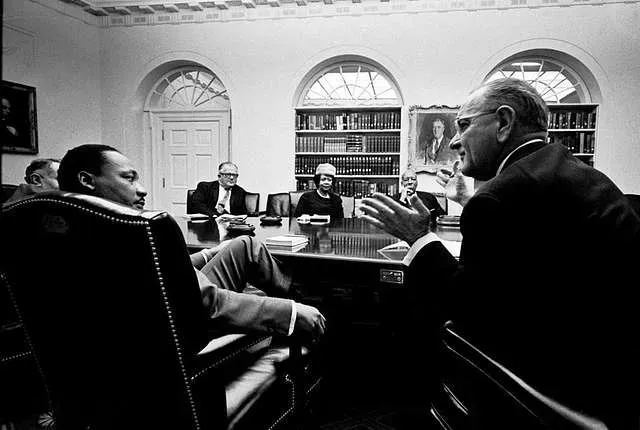
I remember having a conversation a decade or so ago with a teacher at a private school near the liberal hotbed of Northampton, Massachusetts. He told me that all the white teachers at his school supported affirmative action, until their kids applied to college. His comment reflected a society-wide trend. We support justice in the abstract, but not if it hinders our family’s odds of getting into the right college or being hired for the perfect job. That has now changed with Justice Roberts and his six-justice majority striking down affirmative action in Students for Fair Admissions, Inc, v. The Trustees and Fellows of Harvard University. Claiming that Harvard and the University of North Carolina’s affirmative action programs violated the equal protection clause of the fourteenth amendment. Colleges may still “consider an applicant’s account of how race impacted his or her life. . . .” [1]
Affirmative action as federal policy had its roots in the 1960s. Lyndon Johnson issued Executive Order №11246 which required contractors to “take affirmative action to ensure that applicants are employed, or that employees are treated during employment, without regard to the race, color, sex, or national origin.” The Johnson administration expanded the list in 1967 to include “sex.” The following year the Department of Labor required contractors to establish “goals and timetables for the prompt achievement of full and equal employment opportunities. Targeted groups included Black, Asian, American Indians, and Hispanics. While Johnson had not established “quotas,” the government was clearly strengthening policies which aimed to undo the legacies of discrimination in the workforce. [2]
Read the complete article at OHF Weekly.
Final Thoughts
